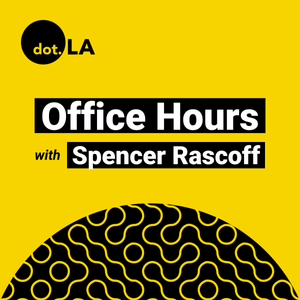
What Kind of Networker Are You?
01/05/21 • 26 min
12 Listeners
Previous Episode

Stop Micromanaging and Give People the Help They Really Need
Colin Fisher, associate professor at University College London's School of Management, conducted in-depth studies at several companies to determine how managers can effectively help employees who need assistance without demoralizing them. He found that the most effective helpers were the ones who clearly communicated their intentions, timed their interventions at points when people were most receptive, and figured out a rhythm of involvement that best suited their needs. He shares examples from different firms to illustrate what works and what doesn't, in person and online. Fisher is the coauthor of the HBR article "How to Help (Without Micromanaging)."
Next Episode

Goodbye Bureaucracy, Hello Common Sense
Martin Lindstrom, founder and chairman of Lindstrom Company, says that many companies are still held back by doing things the way they've always done them, or failing to break down bureaucracy. For Lindstrom, it's not just about getting away from bureaucratic norms for the sake of innovation, but because so many things workers do each and every day don't actually make much sense. He suggests workers, leaders, and organizations consider ways in which processes can be improved - and the ways these new processes can improve life for everyone. And he argues that companies should actually devote a team or department to making sure common sense is used throughout the organization. Lindstrom is the author of the book "The Ministry of Common Sense: How to Eliminate Bureaucratic Red Tape, Bad Excuses, and Corporate BS."
If you like this episode you’ll love
Episode Comments
Featured in these lists
Generate a badge
Get a badge for your website that links back to this episode
<a href="https://goodpods.com/podcasts/hbr-ideacast-35912/what-kind-of-networker-are-you-10776505"> <img src="https://storage.googleapis.com/goodpods-images-bucket/badges/generic-badge-1.svg" alt="listen to what kind of networker are you? on goodpods" style="width: 225px" /> </a>
Copy





